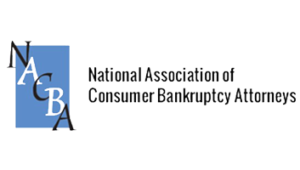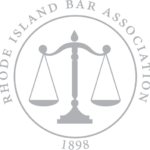Clients’ Choice Award – I’d like to thank . . .
As a CERTIFIED FINANCIAL PLANNER™ and Providence/ Warwick bankruptcy lawyer, I rescue clients from financial chaos. I solve debt problems caused by job loss, ill health, and other life-changing setbacks. For so many with too much debt and too little income, I help them push the RESTART button. After examining spending patterns, budgets and monthly […]
RI Bankruptcy Law: Median Income Figures Change Again
RI Bankruptcy filers will find it slightly more challenging to qualify for Chapter 7 bankruptcy relief with the newly released median income figures.
Rhode Island Bankruptcy Debtors Catch a Break
Twice a year, the US Census Bureau and the IRS provide data used by bankruptcy lawyers to determine who qualifies for debt relief. On May, 1, 2012, the new income numbers became effective for all new bankruptcy case filings. The good news is that median income figures rose for all household sizes in Rhode Island. Below […]
Top 7 Reasons To File Chapter 7 vs Chapter 13
Here are the 7 most common reasons to file a Chapter 7 bankruptcy instead of a Chapter 13 bankruptcy.
A Unique Opportunity: Second Mortgages in Chapter 13
A Chapter 13 bankruptcy may allow you to strip off an unsecured second mortgage on your home. Consult a qualified bankruptcy lawyer to discuss this option.
RI Bankruptcy Advice: Tell the Truth
Your Duties to Disclose During Bankruptcy A successful Chapter 7 bankruptcy requires honesty in order to work. When filing for bankruptcy in Rhode Island (or any state for that matter), honesty is not just necessary: it is mandatory. Anyone filing for bankruptcy should know that they are expected—required, rather—to act in good faith and be completely […]
Get Bankruptcy Advice Even If You Have No Intention To File
Getting timely bankruptcy advice is helpful even if you have no intention to file for bankruptcy relief. If you are dealing with more than $ 10,000 in unsecured debt and want to know all of your options, a respected bankruptcy attorney should be the first financial adviser to call.
Which Debts To Pay First
Not all debts are created equal. Don’t waste your limited resources paying down credit card debt, when you need to keep current on your house mortgage and car loan. Prioritize your debts based on secured versus unsecured.
Do Chapter 7 Debtors Have to go to RI Bankruptcy Court?
In most cases, debtors who file for Chapter 7 bankruptcy relief in Rhode Island, do not have to go the RI Bankruptcy Court. Instead, they attend a brief hearing known as a Section 341 meeting of creditors that typically lasts less than 5 minutes.




